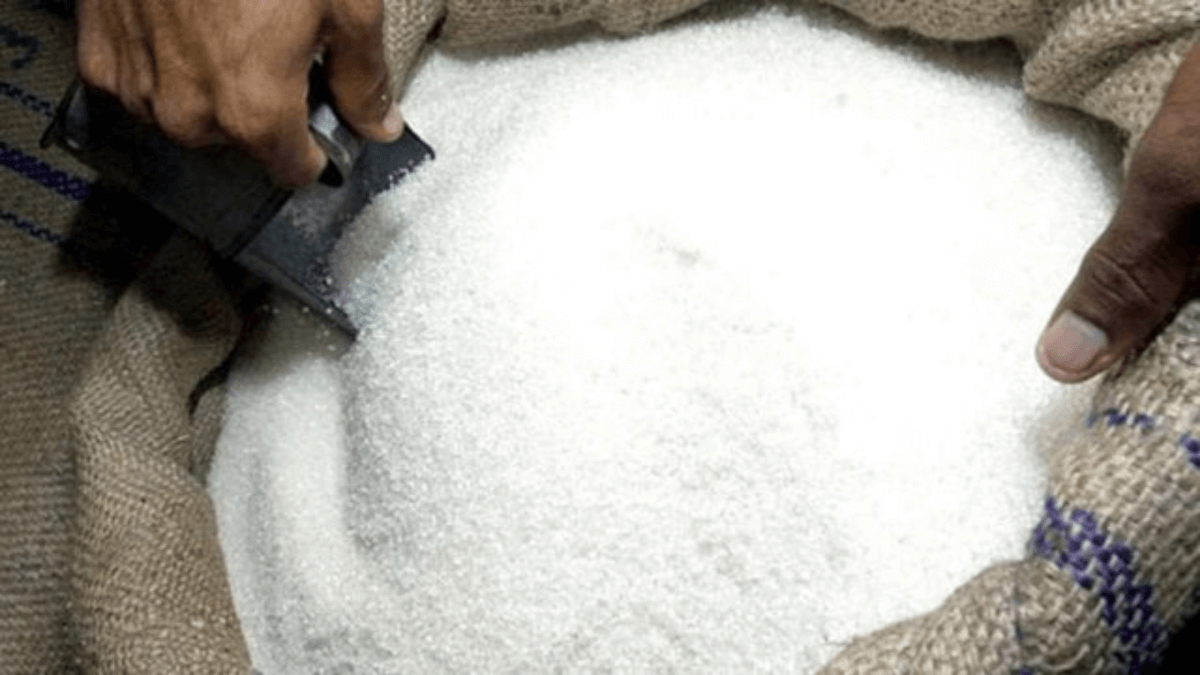News in brief:
– Nigeria requires a $5 billion investment to meet sugar demand and reduce reliance on imports.
– The country’s sugar farming has the potential to boost rural development and create jobs.
Nigeria’s sugar industry requires a $5 billion investment to reach self-sufficiency, according to the National Sugar Development Council (NSDC).
With an annual demand of 1.8 million metric tonnes, local production is at just 48,000 metric tonnes, creating a significant shortfall. The NSDC’s Executive Secretary, Kamar Bakrin, emphasised the importance of long-term funding to enable the growth of the sugar sector and achieve independence from imports.
Nigeria has an installed factory capacity of 17,300 tonnes per day and a large refining capacity of 3.7 million tonnes. However, much of the sugar is refined from imported raw sugar.
Comparatively, leading producers Brazil, India, and Thailand yield 41 million, 36 million, and 14 million metric tonnes, respectively.
Also, the West African country has only 14,000 hectares of land under sugar cultivation and requires an estimated 250,000 hectares to meet its needs, with the potential for up to 800,000 hectares of arable land.
Bakrin stresses that achieving this growth will stimulate rural development, build infrastructure, and support local economies.
He explained further that sugar farming, often located in rural areas, can drive rural development, improving the livelihoods of millions. Sugar estates require infrastructure such as roads, clinics, and schools, to foster community growth.
Bakrin also argued against imposing a sugar tax, stating that Nigeria’s sugar consumption isn’t excessive and does not warrant it. Nigeria’s per capita sugar consumption stands at 9 kg—below Egypt’s 26.27 kg and South Africa’s 29.98 kg.



